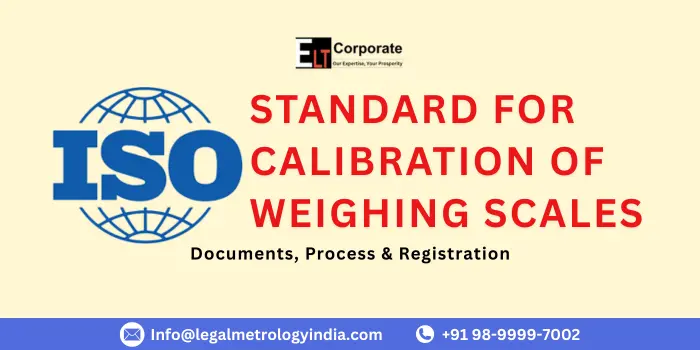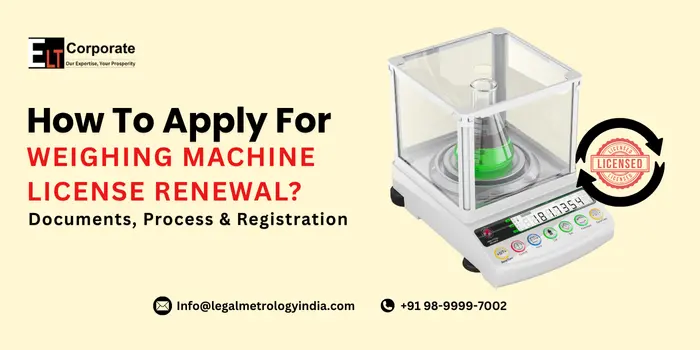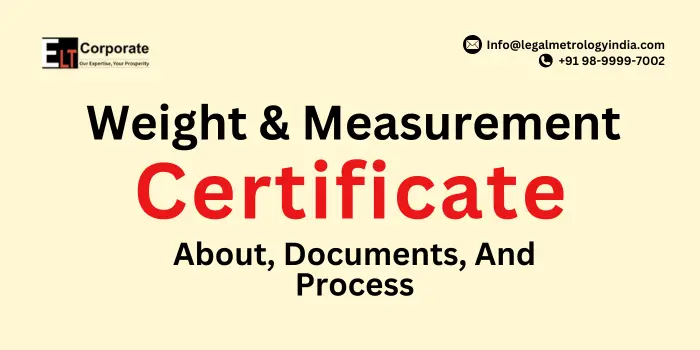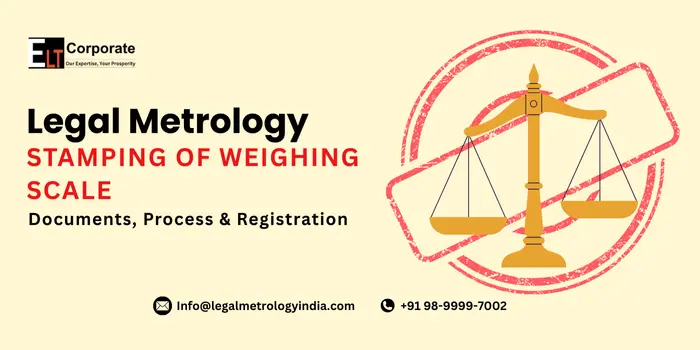LMPC Certificate For Lubricants and Engine Oils
Most of the lubricants and engine oils manufacturers manufacturers, importers and dealers are confused do the need packing license in India. So, The answer is “YES” to regulate packaged commodities such as Lubricants and Engine Oils you need a particular license. For better understanding, we will let you know about the LMPC Certificate for Lubricants and Engine Oils. It is a mandatory license that is necessary to obtain before regulating any of the packaged commodities in India. If you skip to apply or obtain this license then you have to face legal issues such as fines and penalties. So, to avoid all the issues just scroll down and understand why the license is required and how you can obtain this LMPC certificate for packaged products. Importance Of LMPC Certificate For Lubricants and Engine Oils As of now, you already know the importance & the basic meaning of the LMPC Certificate For Lubricants and Engine Oils: S.No. LMPC Certificate Importance Explanation 1. Consumer Protection Assures transparent labeling that provides customers right item details. For instance (weight, price, etc). 2. Compliance with Law Compliant with India’s Legal Metrology Act requirements, forming the items legally sellable in the market. 3. Market Trust Adds credibility by confirming the product conforms to safety and quality standards. 4. Fair Trade Prevents deceptive practices by ensuring that all items, whether domestic or import are likewise regulated. Who Needs the LMPC Certificate for Lubricants and Engine Oils? This question is frequently asked, “who exactly needs this certificate?” here we have mentioned all the details you want to know about the LMPC certificate:- Procedure to Apply for LMPC Certificate for Lubricants and Engine Oils Required Documents For LMPC Certificate for Lubricants and Engine Oil Check the detailed list of the required documents for the LMPC certificate for lubricants and engine oil:- We can help you with the exact documents only after knowing your product, so before the registration you have to consult with regulatory consultancy for details. Packaging Guideline for Lubricants and Engine Oils Under the LMPC Certification Packaging is a primary component of the LMPC certification, check the guideline for lubricants and engine oils under the certificate of Legal Metrology of Package Commodities:- S.No. Requirement Description 1. Manufacturer’s Details The name, address, and contact details of the manufacturer and importer should be visible properly. 2. Net Quantity & Price The net quantity (volume/weight) and MRP “Maximum Retail Price”) need to be displayed. 3. Date of Manufacture The manufacturing date must be on the packaging . This assists consumers track freshness. 4. Batch Number For tracking and safety, each product should have a batch number. 5. Product Description A clear description of the lubricant’s intended utilisation and benefits. Does the LMPC Certificate Cover Both Domestic and Imported Lubricants & Engine Oils? Yes, the LMPC certificate covers both domestic and imported lubricants and engine oils. This guarantees consistency across products in terms of labelling and packaging and ensures the customers get the same level of transparency, regardless of where the product comes from. Conclusion In the final analysis LMPC certificate for lubricants and engine oil is not only about a piece of paper, it’s a stamp of legal approval that ensures your product is adhering to all the laws set by the Legal Metrology Act. LMPC certificate benefits consumers in protecting them, and also provides manufacturers assurance that their products meet legal standards. So, even if you’re a manufacturer, importer, or distributor, obtaining the LMPC certificate must be a priority if your lubricants and engine oil are to thrive in the market.










